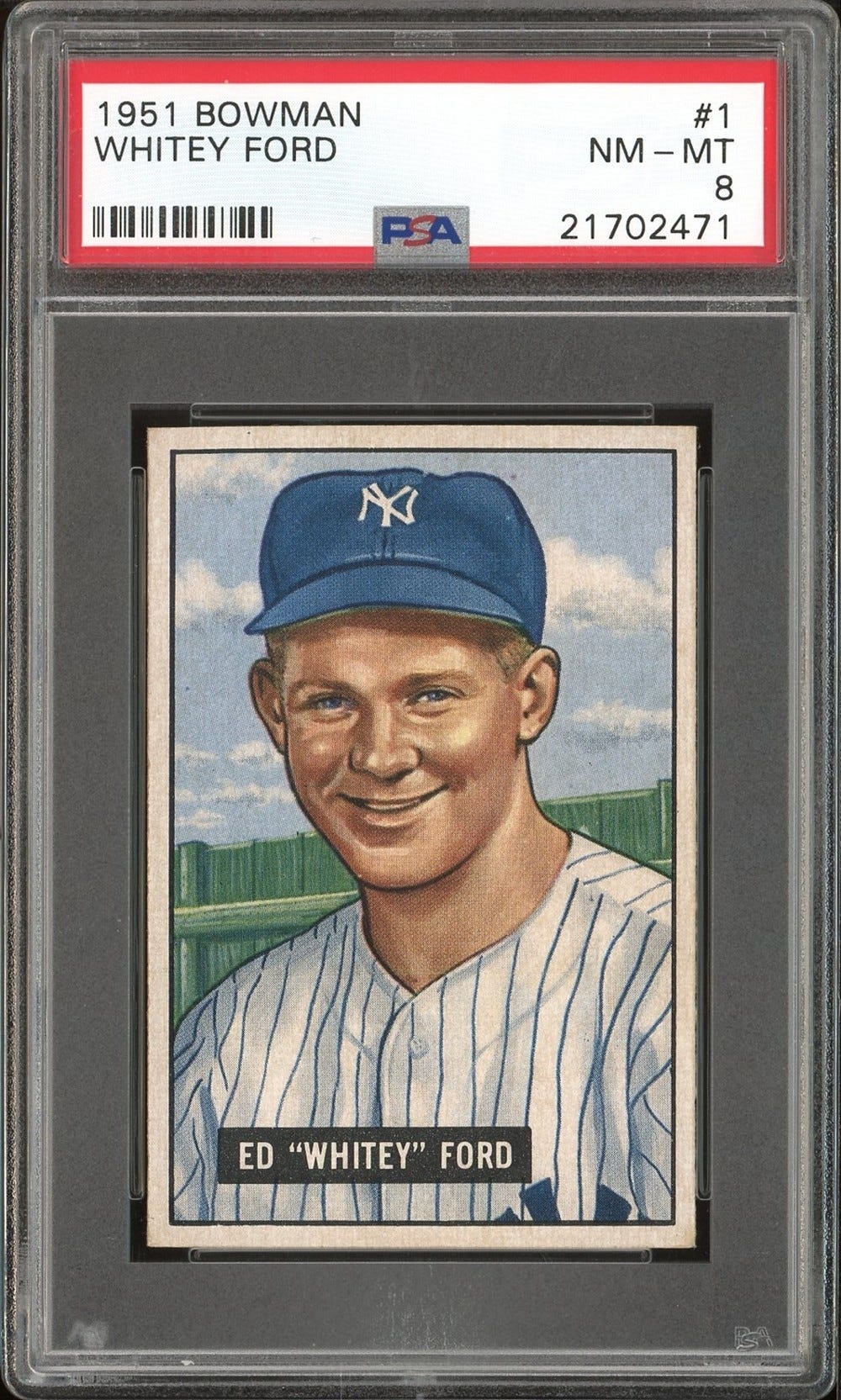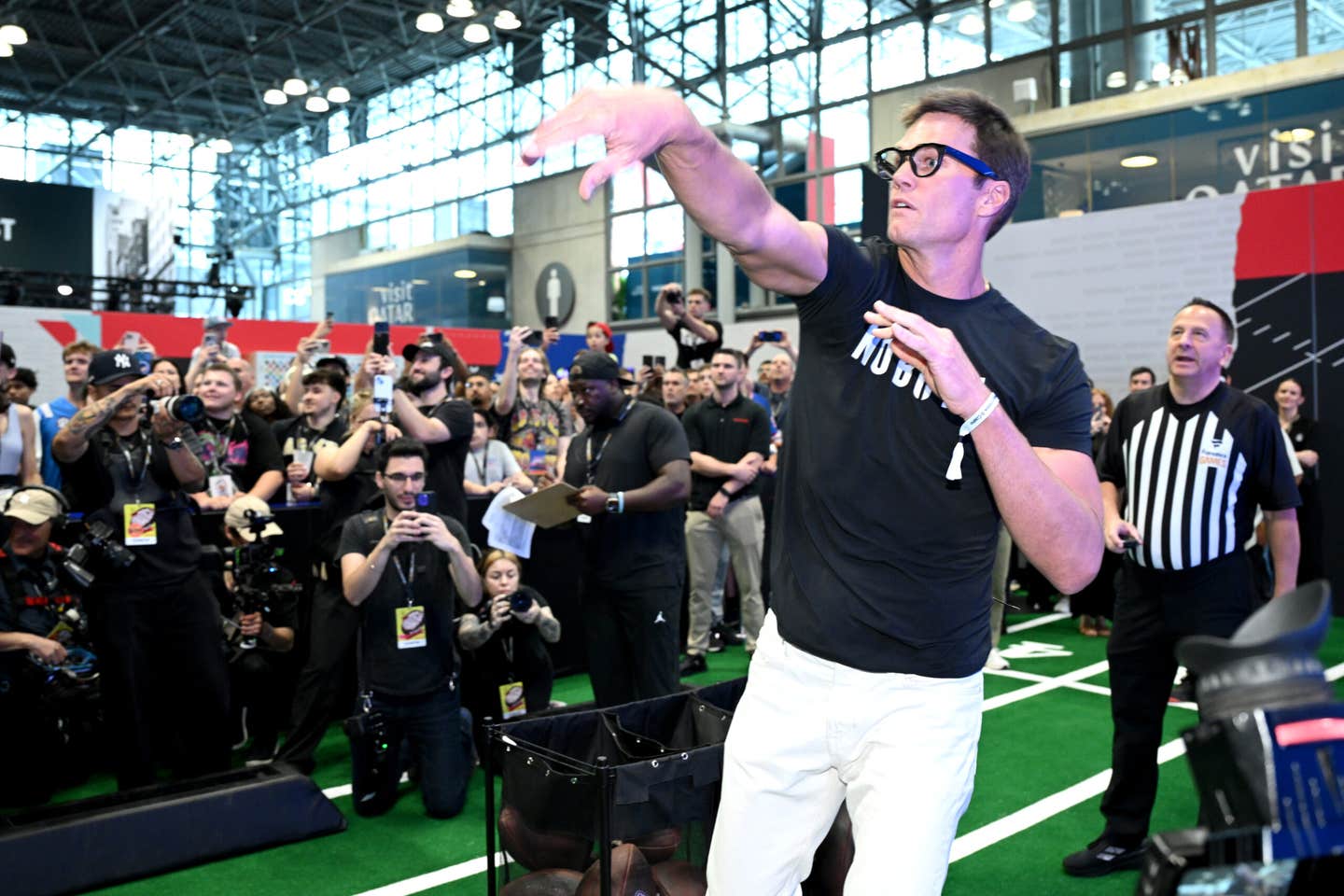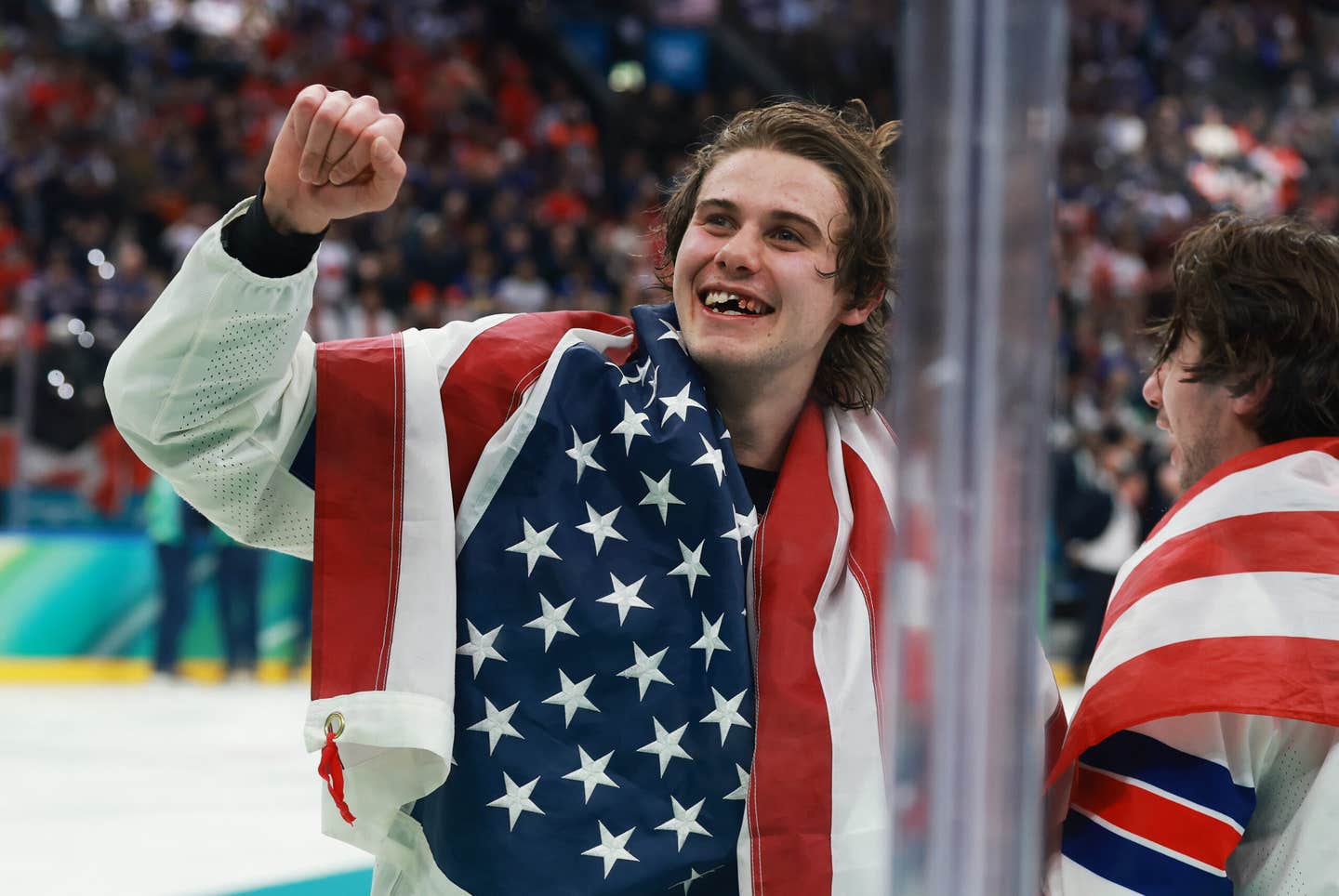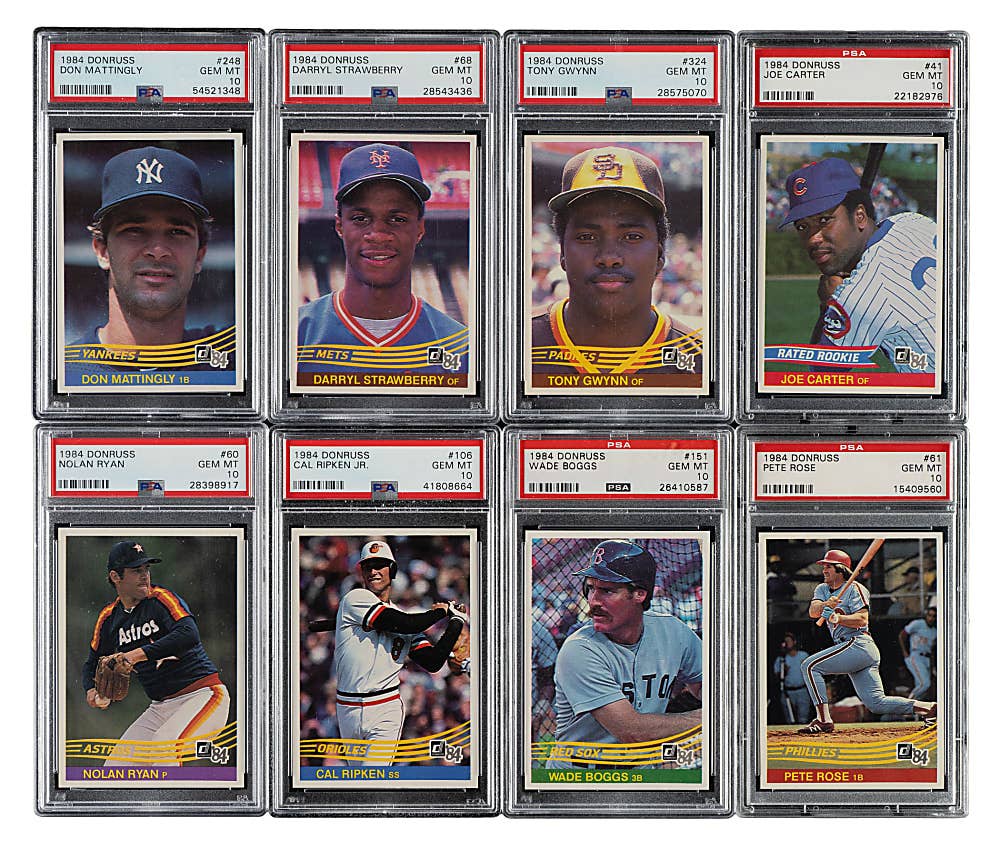
News
Three-sport star and hometown hero Joe Mauer chose baseball, and the Twins are glad he did
If Joe Mauer didn’t make it in pro baseball, he had a backup plan—pro football.
But when the Minnesota Twins made Mauer the No. 1 pick in the 2001 MLB Draft, and he started playing in the Twins’ minor league system, it became clear that no Plan B was required. In fact, Plan A went so well that Mauer was recently elected to the Baseball Hall of Fame.
A native of St. Paul, Minn., Mauer was a born athlete. At Cretin-Derham Hall High School, Mauer was an outstanding football, basketball, and baseball player. Those who know him best also say he played a mean game of ping-pong. He is arguably the best high school athlete ever to come out of Minnesota.
In a storybook tale, Mauer was a football quarterback, a baseball catcher, and a basketball shooting guard. Looking back, the new Hall of Famer says playing all those sports helped him as a major league catcher because he “learned different movements, saw different situations, learned how to make adjustments and think fast.”
Consider this: As a high school senior, Mauer was the only player ever to be named USA Today’s National High School Player of the Year in two sports—football and baseball. He was chosen as Gatorade National Player of the Year in both sports as well.
While playing three years of high school baseball, he never hit under .500 in any season and only struck out one time in his entire high school career. In his senior year, the backstop batted .605, with 15 homers and 53 RBI. As a quarterback in his junior and senior years, Mauer threw for 5,528 yards and an incredible 73 touchdowns and was courted by many colleges to play football.
Initially, the 18-year-old Mauer was planning to go to Florida State on a football scholarship and be the school’s quarterback. But then the Twins came calling.
“Baseball was always my first love. I’ve been playing it since I could first walk,” Mauer notes.
And he was drafted by his hometown team—the team he rooted for as a kid, the team that at one time had players like Kirby Puckett and Kent Hrbek, whom he idolized. Who could resist?
But how many top-notch high school and college players run into difficulty in the pros? Plenty. That’s where Mauer’s story differs from so many other can’t-miss high school and college prospects.
He quickly tore through the Twins’ minor league system as soon as he got there, dispelling the popular wisdom on how long it takes young catchers to reach the majors. He made it through the Twins’ farm system in only 277 games.
After being chosen by Minnesota, Mauer was sent to play rookie ball with the Elizabethton (Tenn.) Twins, where he batted .400 in 32 games. He hit .300 or better throughout the minor leagues, including Double-A and Triple-A, over the next couple of seasons and was named baseball’s top prospect by Baseball America in 2004.
Mauer had a compact, smooth, quick swing that had very little excess movement and allowed the left-handed batter to send seemingly endless line drives to the opposite field for hits. The swing came to him naturally, but he did have help in honing it.
Growing up, the future major leaguer sharpened his swing on a homemade batting contraption his father created out of a series of pipes shaped like a V, rigged to drop a ball into the hitting zone. The device later became known as the Quickswing and is now professionally produced and sold to teach the mechanics of hitting.
It certainly worked for Mauer, and by the start of the 2004 season, the impressive young catcher was behind the plate for the Minnesota Twins. On Opening Day, he went 2-for-3 with two singles and two walks.
But in the second game of the season, Mauer injured his left knee while diving to catch a foul ball behind the plate. He missed most of the 2004 season while rehabbing the knee and played in only 35 games with 107 at-bats but put together a promising .308 batting average with eight doubles.
In 2005, with the injury fully healed, the pride of St. Paul hit .294. Then, in 2006, Mauer started to amaze fans. He won the AL batting title with a .347 average.
“Yes, I have to admit I was thinking about winning the batting title as the season was winding down,” he recalls.
It’s rare for a backstop to win a batting title because of the physical demands of the position; only four catchers have ever won a major league batting title. Mauer would go on to win two more batting titles, with a .328 average in 2008 and .365 in 2009, to become the only catcher ever to win three batting titles. He was also the AL MVP in 2009; only 12 MLB catchers ever won a league MVP award.
After suffering a concussion in August 2013 when he was hit by several foul balls behind the plate, Mauer permanently moved to first base for the 2014 season. He played through the 2018 season and retired after 15 years in the bigs with a lifetime .306 batting average and 2,123 hits. Besides being an MVP, Mauer, now 40, was a six-time All-Star, a five-time Silver Slugger Award winner, and a three-time Gold Glove Award winner.
Only three catchers have been elected to Cooperstown in their first year of eligibility—Johnny Bench, Iván Rodríguez, and now Mauer.
“I know what a tremendous honor this is. I know there are great players in the Hall of Fame. Great catchers. That’s not lost on me,” Mauer says. “Getting into the Hall of Fame is not a goal you set when you go out on the field every day. Your goal every day is, what can I do to help my team win tonight?”
For Mauer, it still seems surreal that he played his entire career for his hometown team, something he is very proud of. He adds thoughtfully that it was hard making the decision to retire.
“I could have played another two years if I wanted to. But I felt it was the right time,” he said.
The Twins quickly honored the franchise’s greatest catcher by retiring Mauer’s #7 uniform number in 2019.
Nine other Twins have had their numbers retired, including Puckett and Hrbek, players whose diamond exploits a kid from St. Paul dreamt of emulating one day.
You may also like:








